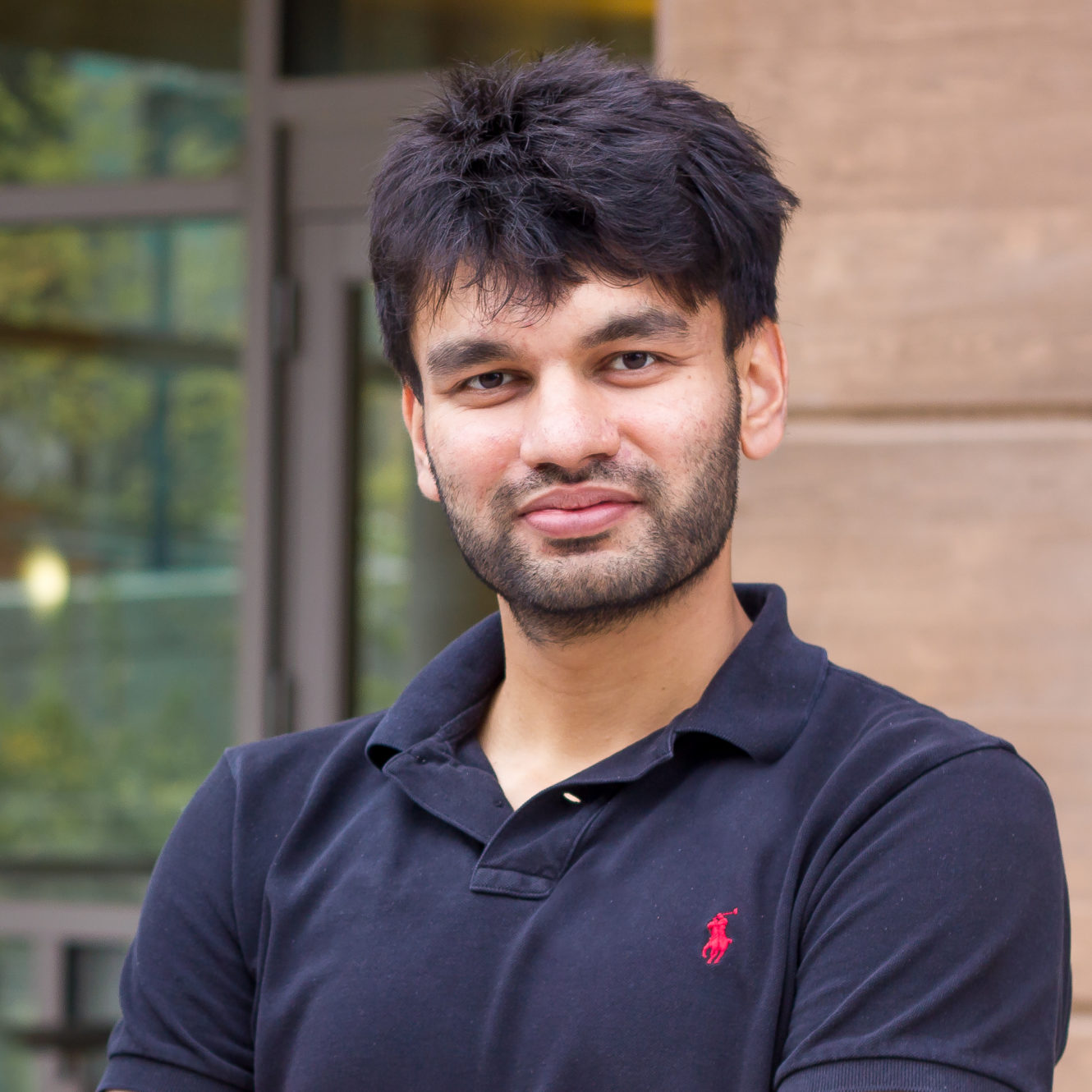Pulkit Agrawal
Associate Professor, Department of Electrical Engineering and Computer Science

Who they work with
Pulkit Agrawal is an associate professor in MIT’s Department of Electrical Engineering and Computer Science (EECS), the Computer Science and Artificial Intelligence Laboratory (CSAIL) and an affiliate member of the Laboratory for Information and Decision Systems (LIDS). His research interests span robotics, deep learning, computer vision and reinforcement learning. Agrawal’s overarching goal is to build machines that can automatically and continuously learn about their environment to reach what humans consider common sense. Agrawal earned his BS from IIT Kanpur and was awarded the Director’s Gold Medal. He earned his PhD from UC Berkeley and co-founded SafelyYou Inc. His work has appeared in MIT Technology Review, Quanta, and New Scientist. He is a recipient of Sony Faculty Research Award, Signatures Fellow Award, Fulbright Science and Technology Award, Goldman Sachs Global Leadership Award, OPJEMS and Sridhar Memorial Prize, among others. Agrawal holds the equivalent of a BA in Indian classical music and occasionally performs.
Selected Publications
- Zweiger, A., Pari, J., Guo, H., Kim, Y., & Agrawal, P. (2025). Self-Adapting Language Models. In Proceedings of the 39th Conference on Neural Information Processing Systems (NeurIPS).
- Mahankali, S., Lee, C.-C., Margolis, G. B., Hong, Z.-W., & Agrawal, P. (2024). Maximizing quadruped velocity by minimizing energy. In Proceedings of the 2024 IEEE International Conference on Robotics and Automation (ICRA) (pp. 12657–12664).
- Park, Y., Margolis, G. B., & Agrawal, P. (2024). Position: Automatic environment shaping is the next frontier in RL. In Proceedings of the 41st International Conference on Machine Learning (ICML). PMLR.
Media
- April 10, 2024: MIT News, A faster, better way to prevent an AI chatbot from giving toxic responses
- January 8, 2024: MIT News, Multiple AI models help robots execute complex plans more transparently
- November 27, 2023: MIT News, New method uses crowdsourced feedback to help train robots